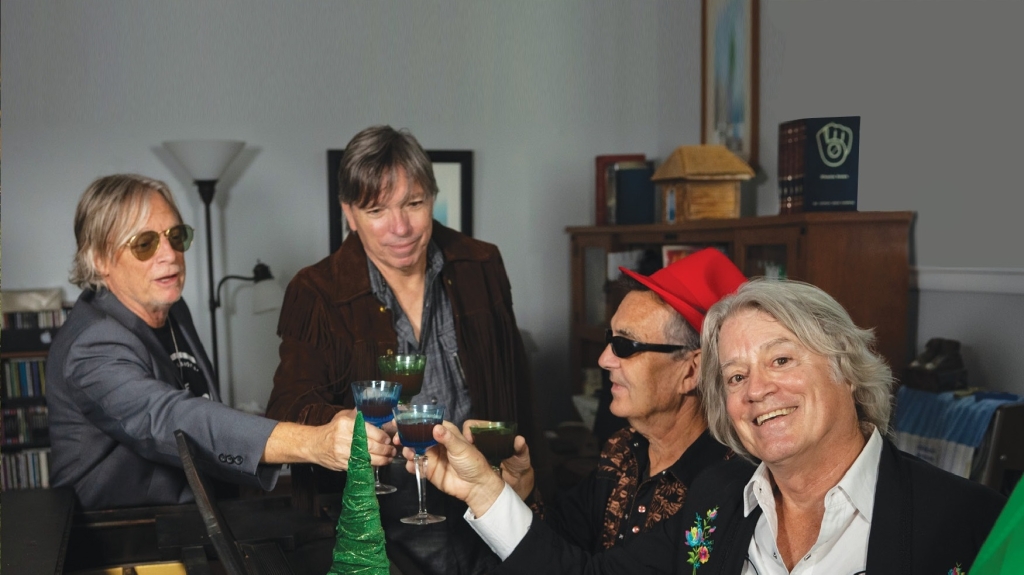
Somewhere along the “Copperhead Road” to success, Steve Earle became mad as hell and couldn’t take it anymore.
While his early albums hinged on a seamless blend of potent songwriting and straightforward Country arrangements, nothing about them suggested that Earle would soon decide to take on the perils of society with such grace and unapologetic sincerity.
Sure, he littered certain tracks with political hellfire along the way, but it wasn’t until 2002’s “Jerusalem” that using his gift as a catalyst for activism regarding capital punishment, poverty, and terrorism became a full-on reality.
During his recent set inside The Bear’s Den at Seneca Niagara Casino, Earle articulated this point by bringing up an anecdote describing how elongated the lines at a New York City soup kitchen were in the wake of the 2008 financial meltdown.
He admitted that he didn’t even realize the kitchen was there until the lines began to spill out onto the street for all to see.
In that moment, something inside him was awakened, and, upon hearing songs from his latest album, “The Low Highway,” performed in a live setting, it’s safe to say that Earle’s conscious effort to give a voice to the voiceless has made his art that much stronger.
His band, The Dukes, is composed of stellar multi-instrumentalists who inject his material with the fury it deserves, so anyone expecting a light-hearted show came to the wrong place.
“Calico County” found them playing tightly around lyrics detailing the down-and-dirty underbelly of a locale straight out of a David Lynch film. The riff combined with Earle’s gravelly vocal styling served as a reminder of just how much mainstream Country music is lacking in its attempt to be cool.
Earle oozes “cool” with minimal effort, so the fact that he also happens to be one of the finest songwriters in modern music is an added bonus.
Even his material for HBO’s Treme was executed with a stirring quality that put the listener right inside the soul of post-Katrina New Orleans. “This City” stood as an affirmation of the pugnacity emanating from the Bayou following the storm, while “After Mardi Gras” solidified just how near and dear the cause is to Earle’s heart.
Other highlights included “Copperhead Road,” “Invisible,” and “Burnin’ it Down,” a bare bones declaration against the corporate executioner known as Wal-Mart.
What should be taken from this evening of fearless artistry is that Earle is willing to say what others won’t.
He puts his beliefs on display without worrying about offending those who can’t handle the truth, and, in the spirit of Woody Guthrie or Pete Seeger, one has to respect that.





Leave a comment